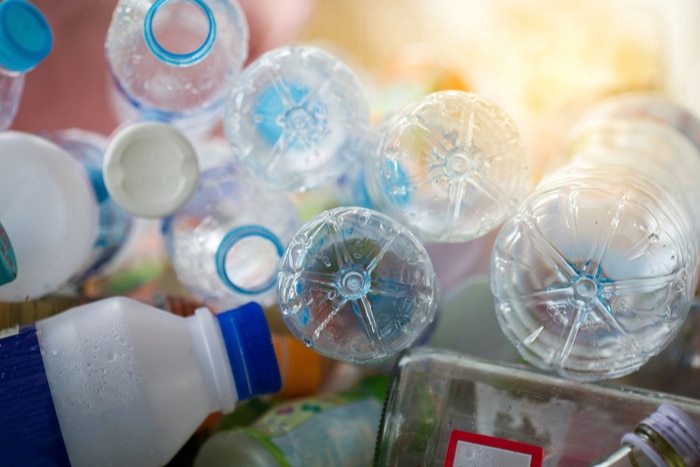The introduction of the plastic bottle deposit return scheme (DRS) will have no negative financial effect on retailers, according to new research.
Following the government’s announcement last month that the DRS scheme is set to be rolled out across the UK, new analysis from a similar system in Norway has revealed the effects on retailer’s finances will be minimal.
In the scheme, a variable tax will be placed on all drinks in plastic containers in the form of a deposit.
Customers can then return the empty containers to retailers for a small cash sum. Retailers would also be responsible for recycling the bottles after they’re deposited.
The Campaign to Protect Rural England (CPRE), which spearheaded the initiative in the UK and has been lobbying for its introduction for 10 years, has reportedly found that businesses would not suffer a financial loss despite imposing price hikes.
“This analysis of the deposit return system cycle should dispel any misconceptions that retailers or consumers may have about how the system will work, and more importantly how it is funded,” Samantha Harding litter programme director at the CPRE said.
“No one will be out of pocket, so long as the bottles and cans are returned.”
Only 43 per cent of plastic bottles are currently recycled in the UK, but in countries like Germany which introduced a similar DRS scheme in 2003, this number stands at 99 per cent.
“Introducing a system that only collected half of what it could would be a costly mistake,” Harding added.
“We need the maximum number of retail-based return points. And it should be mandatory, as a voluntary system simply wouldn’t work.”
Michael Gove, who announced the plans last month, is due to debate the scheme with MPs in Parliament later today.
Click here to sign up to Retail Gazette‘s free daily email newsletter
















